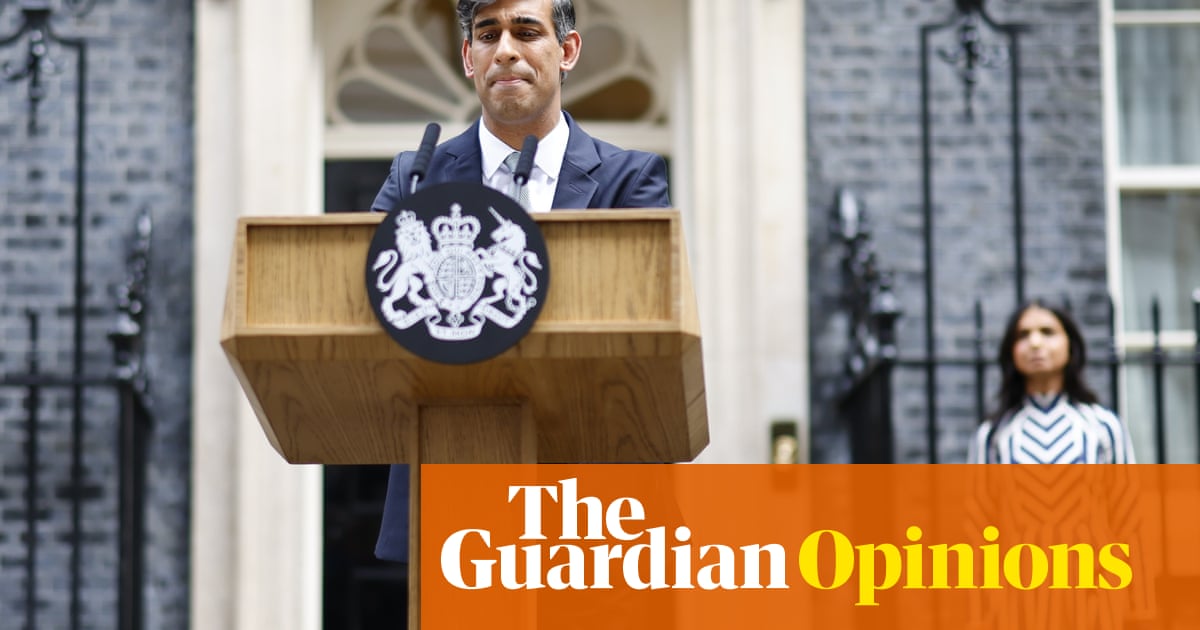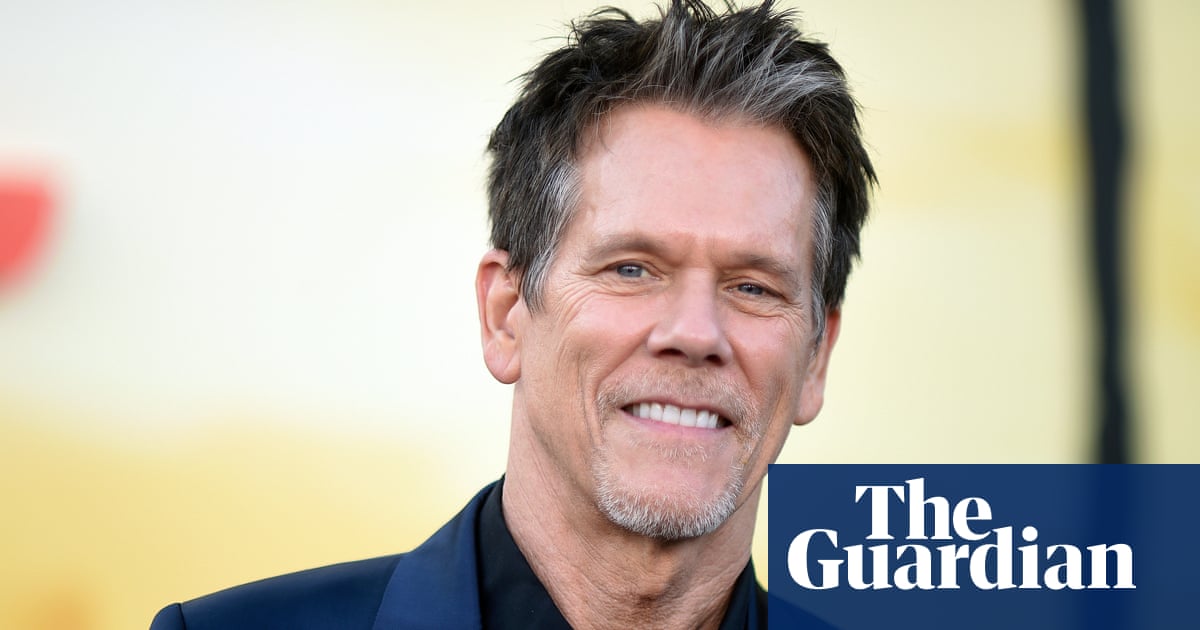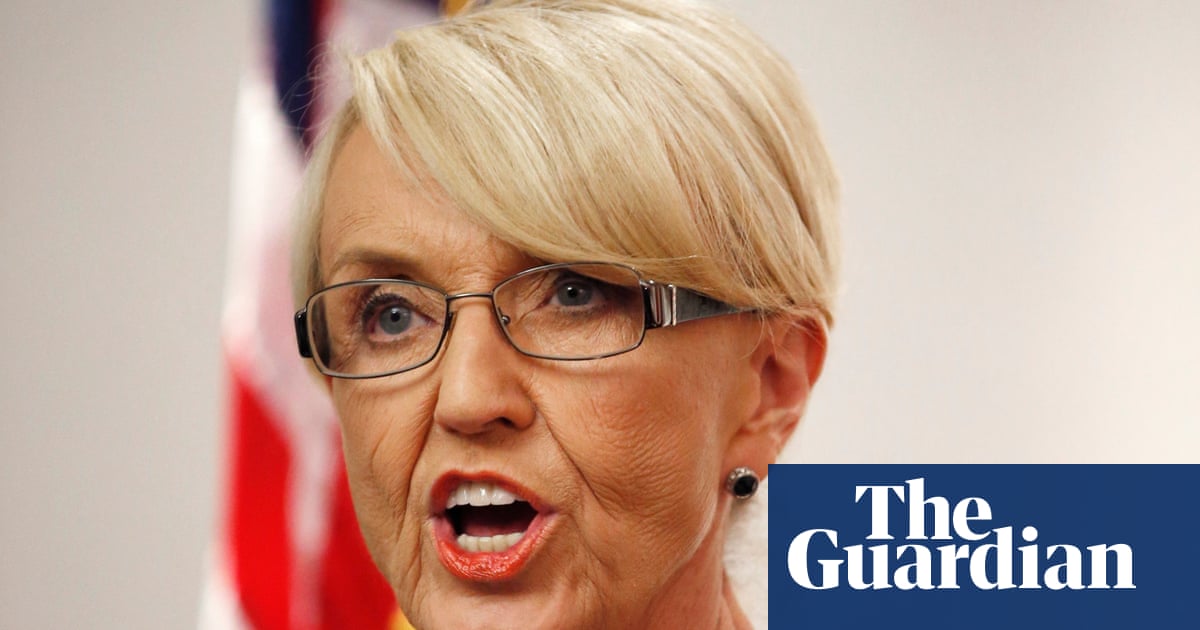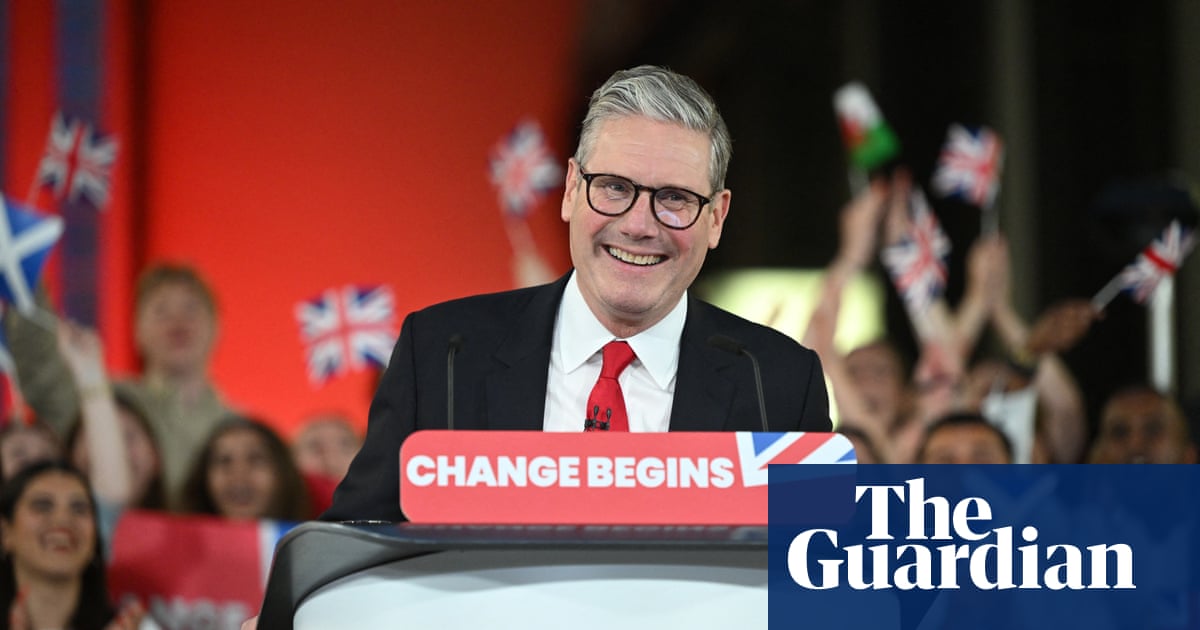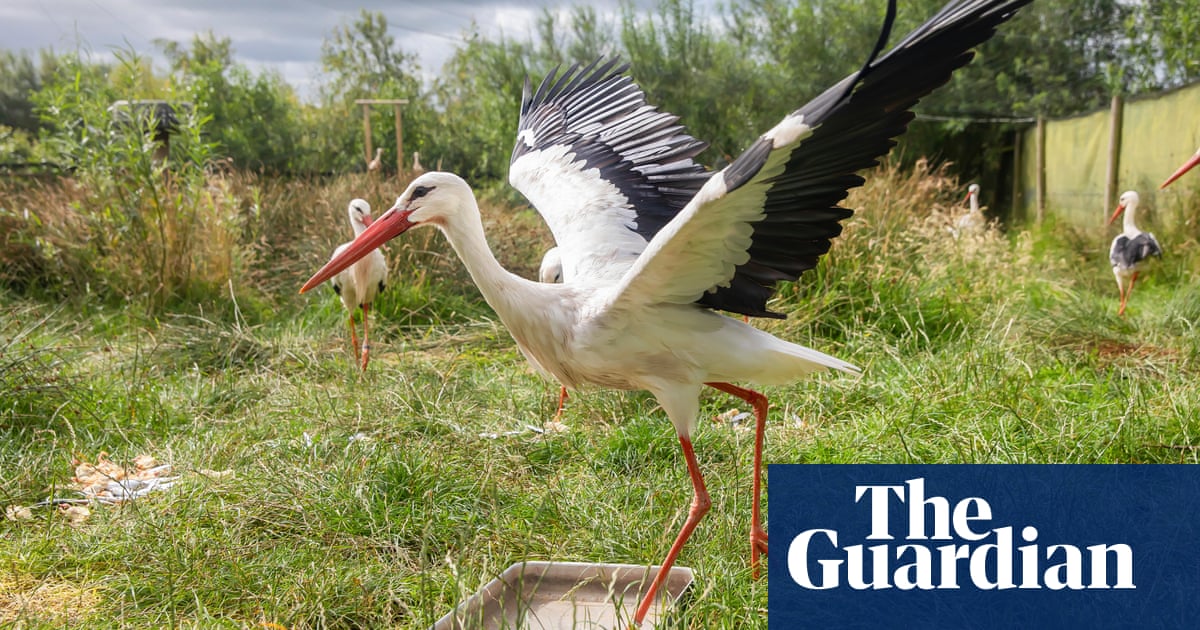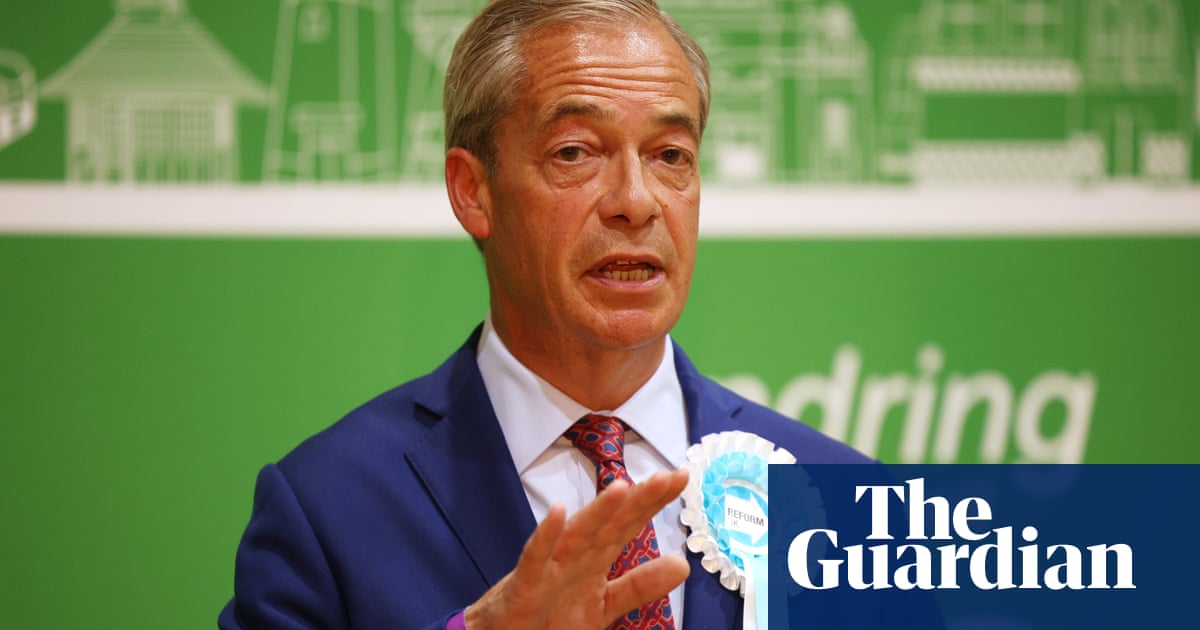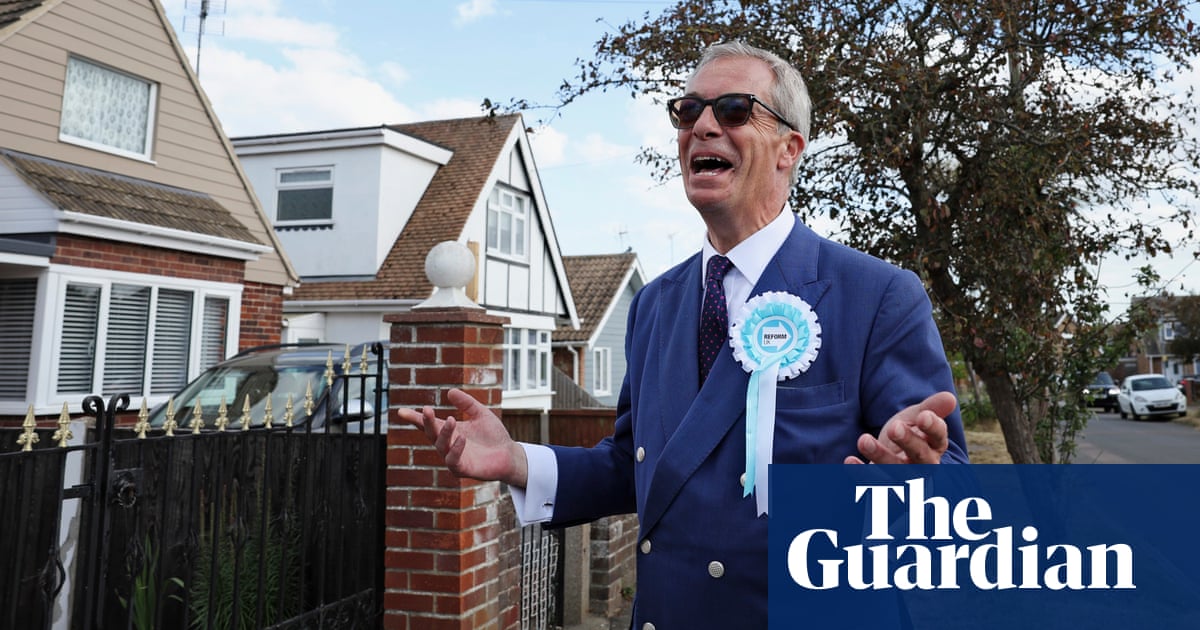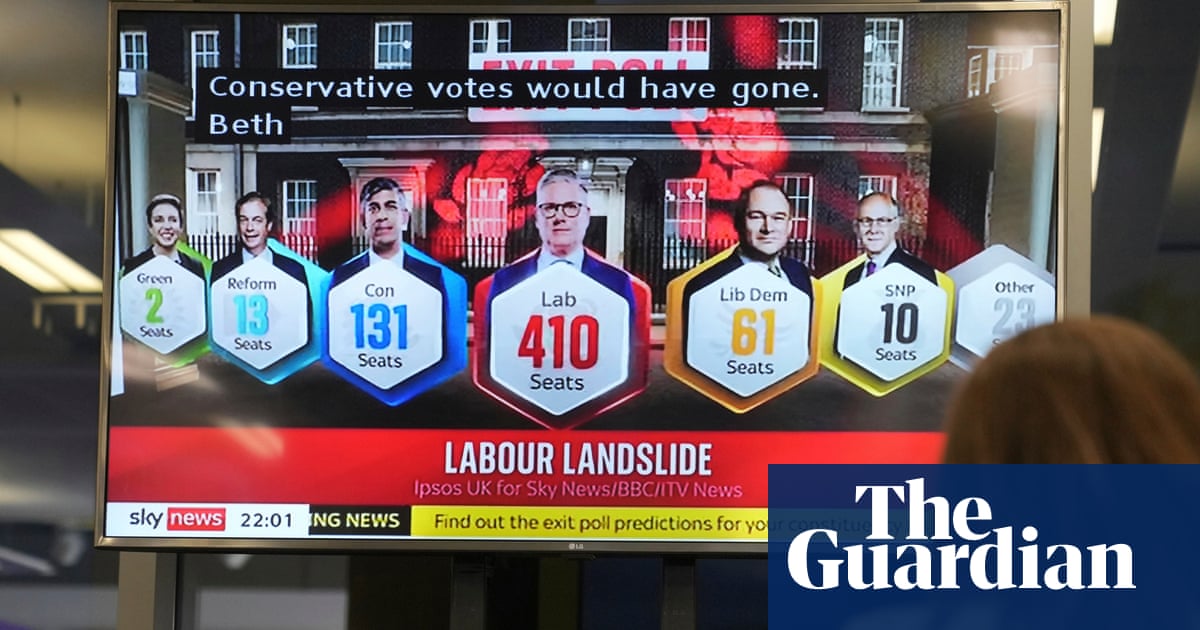It ended as it began. With Downing Street under grey leaden skies. Someoneâs idea of a cosmic joke. Only this time the rain had eased to a light drizzle rather than a torrential downpour. If youâre a Tory, you take your blessings where you find them on days like these.
First to leave was Jeremy Hunt. The walk of shame from No 11 with his wife and children into the back of a grey people carrier. No more government limos. The change of government can be brutal. No hiding place for the defeated. He managed the odd half-hearted smile towards the press. Nothing remotely convincing.
Only his dog looked thrilled to be returning to life in the home counties. The walkies are so much better in Godalming. Nicer smells. More sticks. Jezza may have been a distinctly average chancellor â the numbers and the spreadsheets were always beyond him â but his departure had been a model of graciousness. His winning speech at his declaration pitch perfect.
In time Jezza may get to appreciate the relative obscurity. Steve Baker claimed to be gagging for it. Couldnât wait to be rid of Westminster. âIâm outta here,â he said. Heâll get 4 July tattooed on his arm. Hard to know if this was just another manifestation of his never-ending midlife crisis.
Meanwhile, Liz Truss departed this political life in a flurry of indifference towards her constituents. The feeling was mutual. She was slow hand-clapped at her count. A dismal end to a dismal prime minister. But Iâll miss her nonetheless. Where will Popular Conservatism be without the woman who made it so Unpopular? Her unknowing sense of the absurd was comedy gold.
Still, not entirely good news for the Tories. Much to the disappointment of his colleagues, Richard Holden won by 20 votes in Basildon and Billericay. No greater love hath any man than this, that he lay down his friends for his seat.
Shortly before Rishi Sunak stepped out of No 10 to make his own resignation speech, you could hear a faint ripple of applause from inside. It was either his staff showing their appreciation or an ovation for Larry the cat, who was adding yet another notch to the doorpost. This is the fifth prime minister he has seen off. Larry is one of politicsâ great survivors. Been there, seen it, name on the T-shirt.
Near the security gates, you could just hear a few protesters outside singing âgoodbye, auf wiedersehen, adieuâ. It felt more like a Pavlovian response than heartfelt dissent. They were there because they were there because they were there. Not long after, Rish! appeared from No 10 for the last time. Followed by his wife. Being the partner of a high-profile politician can be demeaning. Reduced to the status of a trophy.
Nothing became Sunak quite so much as his departure. He began with an apology. Several apologies, in fact. To the country, for having messed up. For having allowed the division and decline to continue. To his Tory colleagues who had had their careers ended by his own shortcomings. Though, to be fair, many of them must also take responsibility for their actions. They knew the party was lurching to the unelectable right and yet they chose to do nothing.
There was a brief nod to his own achievements â mostly imagined, but we can allow him a spell of denial at such a time â before he reminded us of the destruction of the Boris Johnson and Liz Truss administrations. Realistically there was no coming back from them once Rish! had failed to disown them at the time.
Finally, some kind and thoughtful words about the innate decency of Keir Starmer and his pride in the country. Where had this Sunak been for the last 20 months? Had we seen more of this gentler Rish!, we might have been more inclined to give him a break. We might even have got to like him a bit. Instead he played the tetchy, rightwing provocateur and we all saw through him.
There was silence as he made his way to the waiting car. This was a personal grief on which no one wanted to intrude. âOh dear, oh dear,â said the king as Sunak made his final trip to the palace. There wasnât much else to say.
after newsletter promotion
Two hours later, the union jack umbrellas were out in force as Labour staffers lined Downing Street. The media operation was in overdrive. This wasnât just a landslide for those who had voted Labour on Thursday. This was a government for the whole country. No one would be left behind. Everyone was welcome. Fourteen years of austerity, infighting, partying, incompetence and division had come to an end. The country could once again be proud of itself. Allow itself to believe in a future. Give hope a chance.
Then the ultimate kick in the teeth for Sunak. The sun came out. Of course it did. Poor Rish! has never managed to buy an even break. Crowds lined the streets. Waved flags and cheered as Starmer returned from the palace after being invited to form the government. It was a moment when you just knew that England were going to beat Switzerland 3-0 in the quarter-finals of the Euros on Saturday. New Starmer, New England.
It took an age for Keir and his wife, Vic, to shake hands and hug his supporters inside Downing Street. Starmer even managed to break into the occasional smile. About as close to happy as he gets. Though his main emotion was relief.
This was the culmination of four and a half yearsâ hard work. Turning a beaten, unelectable party into a potential government. Power not protest. And for the last six months he had known he was so, so close. But not quite daring to believe. Now he could relax. Not just a majority but a super-majority. The moaners could moan but the numbers spoke for themselves. The country had got what it voted for. Dreams do come true.
This was to be a good day for speeches. You wait ages for one and three come along at once. Starmer was modest, inclusive. Not a hint of triumphalism. No âI told you sosâ. His mission wasnât to reach out to his supporters. It was to make the non-believers believe. Dignity, respect. Stability, moderation. A government unburdened by dogma, no more noisy performance. Keir would tread lightly on our lives. Itâs been an age since weâve heard a prime minister talk to us like that. He may have campaigned in prose. But in his first hour in office he had governed in poetry.
More hugs, more cheers. Then Keir and Vic went inside. There was work to be done. The future started now.
-
Guardian Newsroom: Election results special. On Friday 5 July, 7.30pm-9pm BST, join Hugh Muir, Gaby Hinsliff, John Crace, Jonathan Freedland and Zoe Williams for unrivalled analysis of the general election results. Book tickets here or at theguardian.live.
